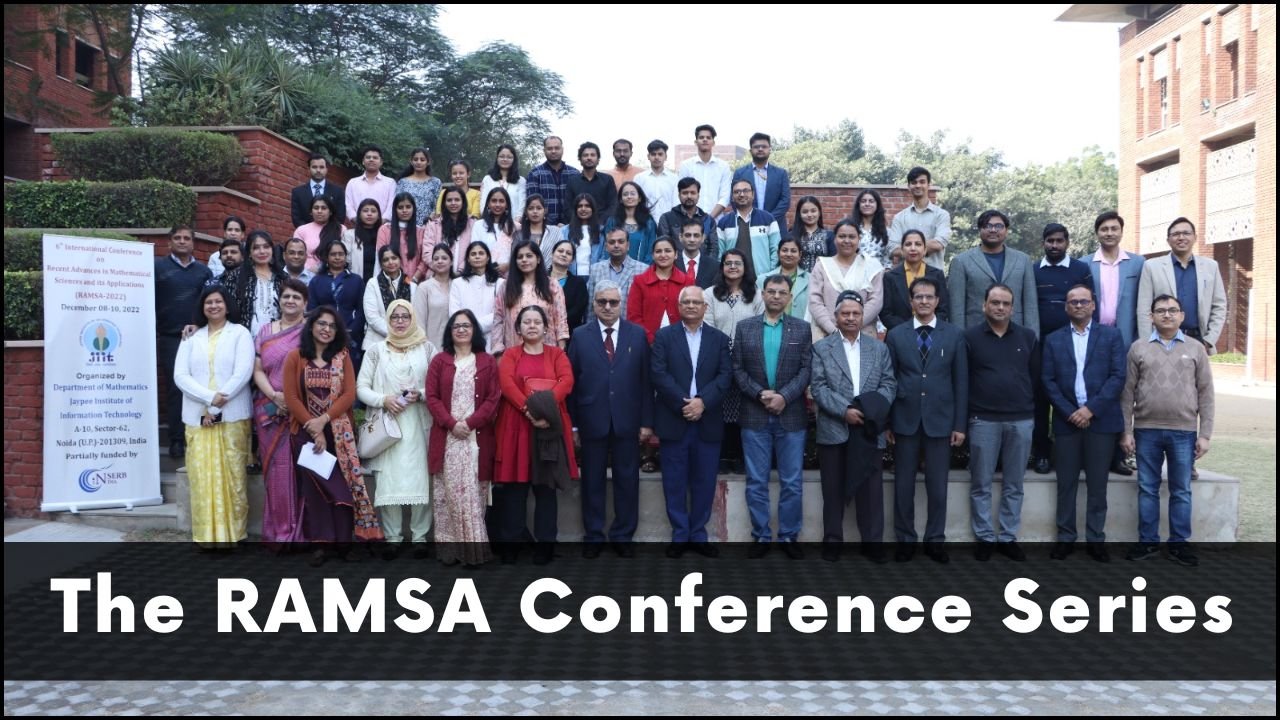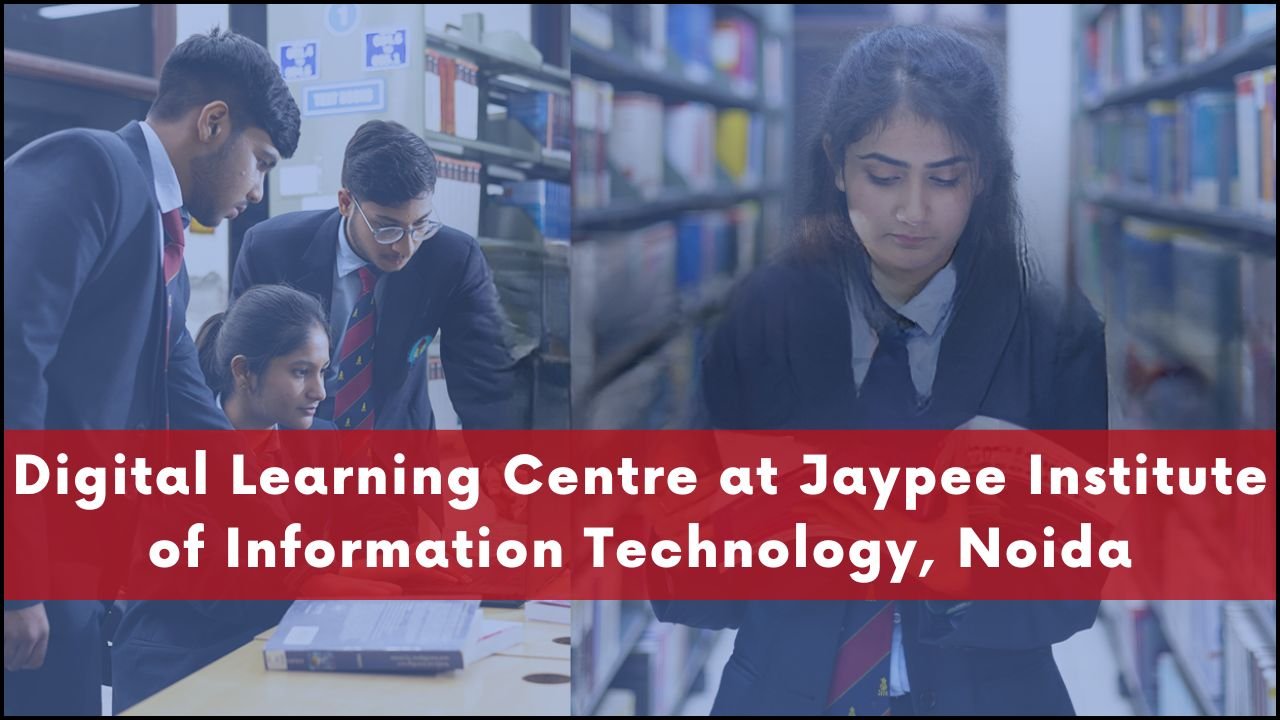
The Department of Mathematics at JIIT stands as the foundation of academic excellence, fostering innovative research across diverse mathematical disciplines. With state-of-the-art facilities and a team of distinguished faculty members, the department has established itself as a premier center for mathematical studies in India. Students benefit from a rigorous curriculum that balances theoretical foundations with practical applications, preparing them for successful careers in academia, industry, and research.
Table of Contents
Pioneering Research Domains: Where Theory Meets Application
The Department of Mathematics at JIIT has garnered recognition from major funding agencies for its exceptional contributions to three primary research thrust areas. These domains represent the perfect intersection of theoretical mathematics and real-world applications, creating opportunities for innovation and advancement.
Fractals & Chaos: Unlocking Nature’s Complex Patterns
The department’s research in Fractals & Chaos and Mathematical Analysis opens new borders in science and interdisciplinary studies. This cutting-edge work has significant applications in image and signal processing, data compression, and various approximation methodologies.
Natural shapes often exhibit complexity at different scales, making them difficult to model using traditional methods. Fractal interpolation techniques developed by our researchers provide powerful approximation tools for these complex structures. The mathematical foundation established through this research supports advancements across multiple fields, including engineering, medicine, weather forecasting, and business analytics.
Computational Solutions: Solving Today’s Complex Problems
Under the Numerical Analysis and Computational Continuum Mechanics research thrust, our experts tackle highly nonlinear problems that defy analytical solutions. These complex mathematical challenges require sophisticated numerical approaches to address real-world engineering and scientific problems.
The department employs advanced methodologies, including finite element analysis, finite difference techniques, quasi-linearization, and mesh-free methods, to solve these intricate equations. This work provides crucial support to fields ranging from structural engineering to fluid dynamics, offering computational solutions to previously intractable problems.
Data-Driven Insights: Navigating Information Complexity
In today’s information-saturated world, the department’s focus on Statistics, Fuzzy Logic, Information Theory, and Operations Research provides essential tools for data analysis and decision-making processes.
Beyond Traditional Statistics: Embracing Uncertainty
Traditional statistical approaches often struggle with imprecise or “fuzzy” data. The Department of Mathematics at JIIT is pioneering methods that adapt statistical analysis techniques to handle fuzzy numbers and vectors effectively. This research addresses the reality that real-world measurements frequently contain elements of uncertainty that must be quantified and analyzed.
Optimizing Decision-Making Through Information Theory
The department’s information theory research examines efficient methods for processing, storing, and retrieving information. This includes developing uncertainty measures and practical coding techniques for information transmission. Such work is fundamental to modern communication systems and data science applications.
Operations Research: Maximizing Efficiency in Complex Systems
Operations research provides systematic approaches to decision-making and efficiency improvement. The department applies various techniques, including simulation, mathematical optimization, queuing theory, and stochastic process models, to solve complex organizational and logistical challenges.
Nurturing Mathematical Talent for Tomorrow’s Challenges
Beyond groundbreaking research, the Department of Mathematics emphasizes student development through a blend of theoretical knowledge and practical problem-solving skills. Faculty members mentor students in various research projects, encouraging them to apply mathematical concepts to real-world problems.
The department regularly organizes workshops, seminars, and conferences, exposing students to the latest developments in mathematical sciences and connecting them with leading researchers from around the world. This comprehensive approach ensures graduates are well-prepared to contribute to academic advancement and industry innovation.
Future Directions: Mathematics as the Language of Innovation
As we look to the future, the Dept of Mathematics at JIIT continues to expand its research horizons, exploring emerging areas such as machine learning algorithms, quantum computing mathematics, and mathematical biology. By staying at the forefront of mathematical innovation, the department ensures its research remains relevant to society’s evolving needs.
Through collaborative projects with industry partners and other academic institutions, the department creates a vibrant ecosystem where theoretical mathematics transforms into practical solutions for complex real-world challenges.
Final Words
The Department of Mathematics at JIIT exemplifies how mathematical excellence drives innovation across disciplines. By balancing theoretical research with practical applications, the department continues to make significant contributions to the field while preparing the next generation of mathematical thinkers and problem-solvers.
For students passionate about mathematics and its applications, the department offers an intellectually stimulating environment where curiosity is encouraged and excellence is achieved through rigorous exploration of mathematical boundaries.





